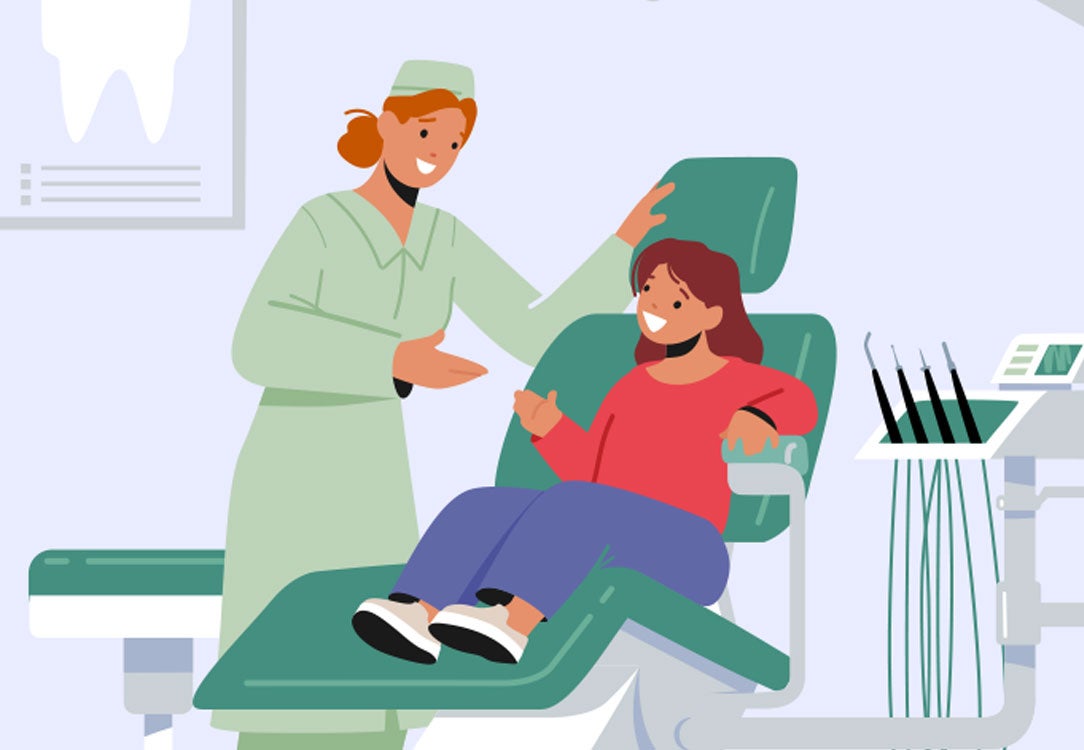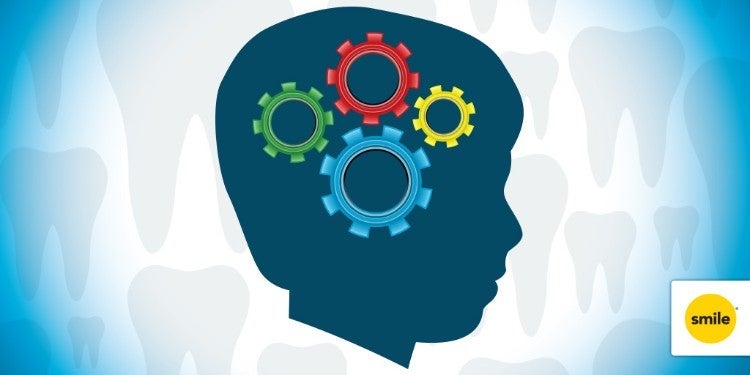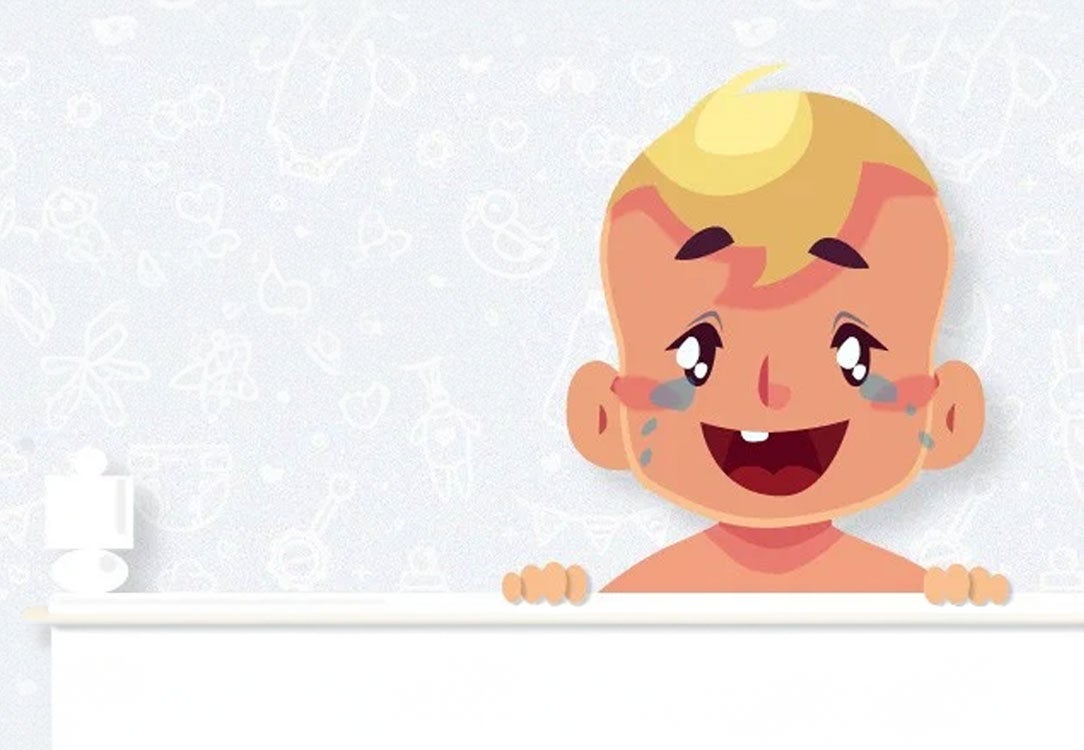When does oral healthcare start for kids?
Many people don't realize it, but your child's baby teeth are at risk for decay as soon as they appear! For this reason, The American Academy of Pediatric Dentistry recommends seeing a pediatric dentist either by their first birthday or after their first tooth shows up. It's typically a quick appointment to make sure everything is OK, but it's still important to make sure their smile is progressing properly. At the same time, don't wait until that first appointment to take your child's oral health into your own hands—literally. The American Dental Association (ADA) recommends cleaning your baby's mouth during the first few days after birth by wiping the gums with a clean, moist gauze pad or washcloth.
As a parent, the responsibility falls on you to brush your children's teeth twice a day with a fluoride toothpaste until you're comfortable they can handle it on their own. Initially, use just a smear or an amount equal to a grain of rice. Later for kids 3-6 years of age, a pea-sized amount should be just right. It's common for kids to be brushing their teeth independently by age 6, and flossing independently by age 10.
How can I motivate my kids to brush their teeth?
Not surprisingly, as they get older, kids may have a love-hate relationship with good oral hygiene practices. Toothbrush battles are frustrating, but that is completely normal. So how do we make brushing, flossing (and our lives as parents) easier? Start by getting the right supplies. Kids need smaller brushes to fit their mouths. Even better, try getting one with their favorite cartoon character to add a little fun to their daily oral health regimen!
- Don't share utensils with your child or “clean” a pacifier by putting it in your mouth. You may actually be transferring cavity-causing germs.
- Eat healthy and drink fluoridated water.
- Use fluoride toothpaste and have kids brush for 2 minutes, 2 times per day.
- Ask your dentist about dental sealants, which are a thin, protective coating that adheres to the chewing surface of the back teeth. The Centers for Disease Control (CDC) reported that school-age children (ages 6-11) without sealants have almost three times more cavities than those with sealants.2 (Note: while helpful, sealants are NOT a substitute for brushing and flossing!)3
When should my child see an orthodontist?
In addition to regular dental visits, The American Association of Orthodontists recommends an orthodontic consultation for braces by age seven. This is important because a healthy, straight smile can impact kids' health in multiple ways1:
- Better appearance can lead to improved self-esteem and emotional well-being.
- A properly aligned bite can lead to improved jaw and facial development.
- An uneven bite can interfere with chewing and speaking and impact tooth enamel.
- Straight teeth are easier to clean, reducing tooth decay and gum disease.
Ultimately, it's important to remember that your children's best role model in all of this is YOU. One of the best ways to help your child grow up with good oral health habits (and other good habits) is to make sure you model them yourself! Combined with regular dental visits, you'll be putting them on the right track to having a smile they'll love the rest of their lives!
Find your trusted, local dentist today!
Sources
Smile Generation blog articles are reviewed by a licensed dental professional before publishing. However, we present this information for educational purposes only with the intent to promote readers’ understanding of oral health and oral healthcare treatment options and technology. We do not intend for our blog content to substitute for professional dental care and clinical advice, diagnosis, or treatment planning provided by a licensed dental professional. Smile Generation always recommends seeking the advice of a dentist, physician, or other licensed healthcare professional for a dental or medical condition or treatment.








